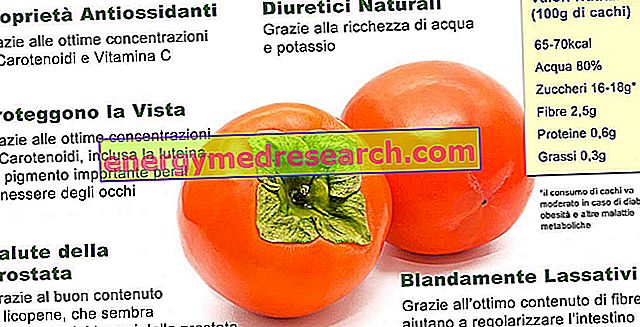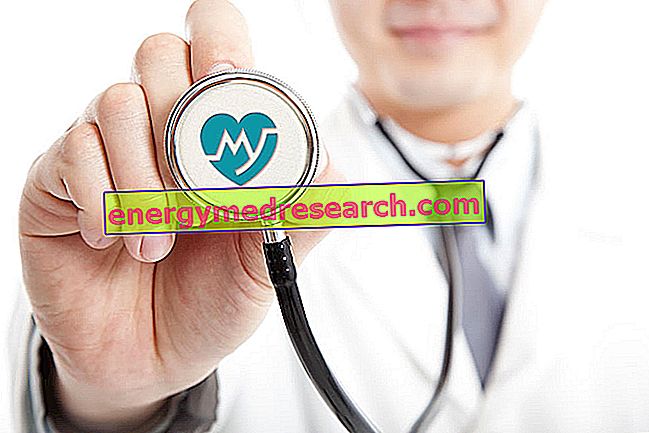GONASI ® is a drug based on chorionic gonadotropin
THERAPEUTIC GROUP: Gonadotropins and other ovulation stimulants
IndicationsAction mechanismStudies and clinical effectiveness Usage and dosage instructionsWarnings Pregnancy and lactationInteractionsContraindicationsUndesirable effects

Indications GONASI ® Chorionic gonadotropin
GONASI ® is a drug used in the treatment of infertility in women with proven hypopitituarism and anovulation, in case of recurrent abortions, threat of abortion and amenorrhea.
Chorionic gonadotropin is also used in the treatment of male infertility associated with azoospermia, oligoastenospermia and astenospermia.
Recent studies show the effectiveness of this drug, also in the medical treatment of cryptorchidism, hypogonadotropic eunucoidism and in the delays of the correct male sexual development.
Mechanism of action GONASI ® Chorionic gonadotropin
Chorionic gonadotropin is a hormone produced by the placenta, fundamental in the correct evolution of pregnancy given the ability to preserve the functionality of the corpus luteum, and therefore the secretion of progesterone.
The hormone contained in GONASI ® extracted from the urine of pregnant women, when taken outside pregnancy is able to exert an action similar to the luteinizing hormone determining:
- Stimulation of Leydig cells with increased testosterone secretion and subsequent androgenizing effect, particularly important in patients with cryptorchidism or delayed development of secondary sexual characteristics in improving symptoms;
- Induction of ovulatory process;
- Estrogen excretion from the ovary.
Given parenterally injective, usually intramuscular or subcutaneous, the chorionic gonadotropin reaches the target tissues through the circulatory stream, and after a half-life of about 8 hours it is eliminated through the urine, an ideal biological material for the detection of this hormone, useful as markers of successful pregnancy.
Studies carried out and clinical efficacy
1. THE CHEMICAL LIMITS OF THE EXTRACTION CORIONIC GONADOTROPINE
The use of chorionic gonadotropin extracted from urine, does not allow for how effective the current means of extraction and purification are to obtain a totally pure product. Studies like this show the possibility of tracing other proteins and high concentrations of oxidized gonadotropin.
2. THE EFFECTIVENESS OF THE CORIONIC GONADOTROPINE IN THE HYPOGONADISM OF THE MALE HYPOGONADOTROPO
Study demonstrating that the administration of chorionic gonadotropin in patients with hypogonadotrophic hypogonadism may be effective both in improving gonadal function and in penis growth
3. CORIONIC GONADOTROPINE AND FIVET SUCCESS
Prospective work demonstrating that low-dose administration of chorionic gonadotropin may result in a more successful IVF implantation of embryos in patients with low levels of LH.
Method of use and dosage
GONASI ®
Powder and solvent for solution for injection for intramuscular use of 125, 250, 500, 1000, 2000, 5000, 10, 000 IU of chorionic gonadotropin:
the definition of the dosage and of the overall therapeutic scheme is the responsibility of the specialist doctor, who must adapt the dosage to the patient's physiopathological characteristics, to his clinical picture and to the therapeutic goals.
Warnings GONASI ® Chorionic gonadotropin
The high biological complexity of chorionic gonadotropin therapy requires the supervision of a specialist doctor both in the dosage definition phase and during the whole therapeutic process.
At the onset of the first side effects, especially referred to ovarian function and the related hyperstimulation syndrome, the doctor should evaluate the possibility of suspending the administration of GONASI ®
Particular attention should be paid to patients suffering from renal, cardiac or nerve pathologies given the ability of this hormone to further compromise the clinical course of the aforementioned diseases.
PREGNANCY AND BREASTFEEDING
The absence of indications regarding the use of chorionic gonadotropin during pregnancy suggests avoiding the administration of GONASIS both during gestation and lactation, although there are no studies in the literature demonstrating the toxicity of this hormone to the fetus.
Interactions
Although at the moment no particularly significant pharmacokinetic studies are known, it is advisable to avoid the simultaneous use of chorionic gonadotropin and corticosteroids.
Contraindications GONASI ® Chorionic gonadotropin
GONASI ® is contraindicated in cases of precocious puberty, hypophyseal, ovarian, prostatic and testicular neoplastic diseases, premature menopause, endocrine pathologies, absence of the uterus, thrombophlebitis and hypersensitivity to the active ingredient or to one of its excipients.
Undesirable effects - Side effects
The administration of chorionic gonadotropin can determine the appearance of headache, asthenia, irritability, depression, edema, gynecomastia and precocious puberty in patients in prepubing age.
The use of GONASI ® in ovulation induction was statistically associated with a higher incidence of twin pregnancies and with ovarian hyperstimulation syndrome.
Note
GONASI ® is salable only under medical prescription.
The use of GONASI ® outside of the medical prescription, before and during a sporting competition is forbidden constituting doping practice



